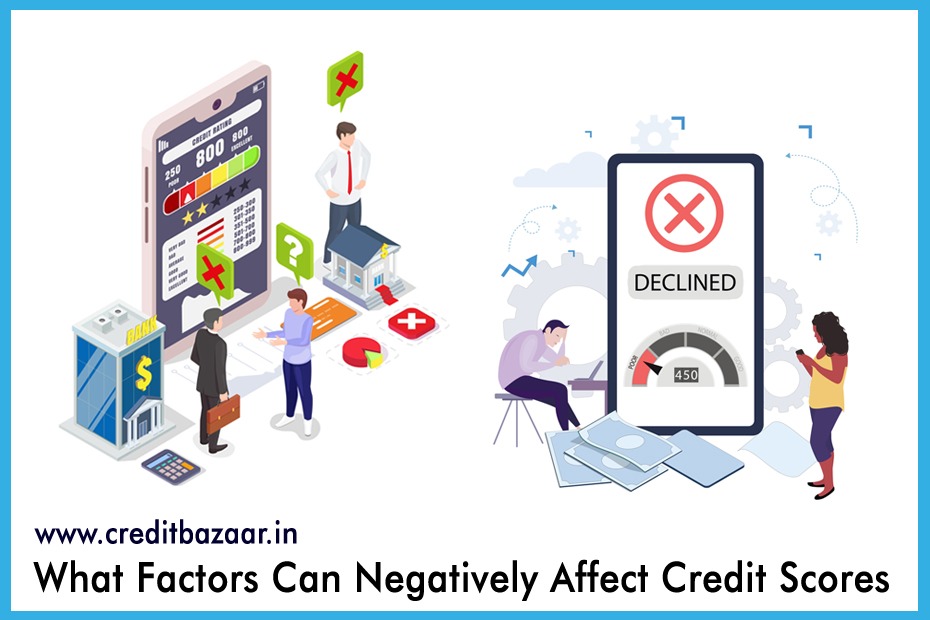What is a credit score?
The credit score is three-digit numbers, usually in the range of 300 to 900, which measures how much is possible to repay the loan and debt.
Credit card companies refer to your credit reports for mathematical formulas that generate your credit score. A low credit score rating may not limit you to a credit agreement, but you may have to pay higher interest rates or deposit money into a deposit. You may need to pay extra for car insurance or a deposit on the services. Homeowners can use your points to determine, if they want you as a tenant.
Higher credit points can give you access to more credit products – and lower interest rates. Borrowers with a score of 750 points or more often have multiple options, including the ability to earn 0% of cash on cars and credit cards with an initial interest rate of 0%.
The most widely used goal-scoring models have a credit range of 300 to 850. Lenders set limits on which parameters they will accept, but here are some common guidelines:
Borrowers who fall into debt are less likely to get a new loan. Additionally, as long as you are able to pay your monthly bills, one of the leading debt repair companies can get bad marks out of your mortgage. If you are trying to get a safe loan through these banks, be sure to compare every thoughtful lender to determine the riskiest options.
How is credit score calculated?
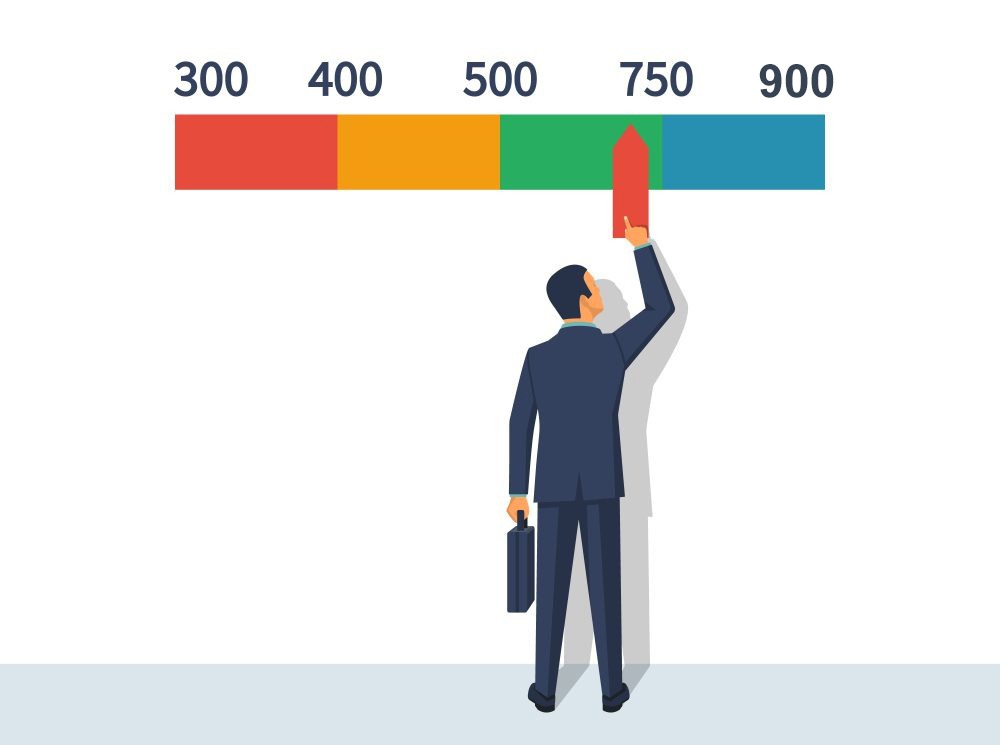
Basically a Credit Score is a 3 Digit Number that falls within the range of 300-900. The higher Credit Score is an indication of better chances of repayment and vice versa. Credit Score above 750 indicates mature behavior towards finances whereas the Score ranging from 600-750 is seen mediocre. The score below 600 however is an alarming sign to take quick measures with respect to finances in order to make sure things don’t go out of control.
TransUnion CIBIL, Equifax, Experian, CRIF Highmark are some leading Credit bureaus in India which are licensed by the Reserve Bank of India (RBI) and are authorized to determine the Credit Score.
Following factors are taken into consideration as they have an impact on calculating Credit score:
- The Type of Industry;
- The Credit History;
- The History of payment;
- Credit available to the party as opposed to the one used so far;
- How much debt is owed;
- The type of account used by people.
What factors negatively affect credit score?
1. Payment History
It should come as no surprise that non-payment of your bills, especially on existing credit cards, can quickly reduce your score. FICO and other credit score models consider this very important aspect. Your payment history is 35% of your total credit limit.
2. Debt Consumption

This word sounds confusing, but it’s just a number that shows how much money you’re spending right now. For example, if you have an amount of Rs.10000 in your credit card and you charge Rs.4000 on it, your use is 40 percent on that card. Your credit scores look at all of your credit cards, add up what you owe and compare your available credit limits. This rate accounts for 30 percent of your score, so it’s very important!
3. Credit Age and History
If you are too young and just started with credit card, your score will show you that. The credit age is 15 percent of your credit, and scoring agencies will look at both the age of your old account and the average age for all of your accounts.
For new credit holders, there is not much you can do but continue to use your credit wisely and wait for your accounts to expire. Closing old accounts, even if you do not use them, will shorten the average age of the account. Opening a new account will do this again. Keep your accounts as long as it makes sense for your old account to continue to increase your credit score.
4. Consolidation of Debt and Account Types
There’s something to be said about diversity, especially when it comes to debt. Lenders like to see that you can manage all types of credit and loan accounts, and you will be rewarded for managing different types of credit by committing to an improved credit rating. This section makes up only 10 percent of your school, so how can you make it work for you?
Now these two types of credit accounts: Flexible (like credit cards and credit line) and Installment loans (such as collateral for your property or car). Having both of them is the best way to keep your score high.
5. Credit Inquiry
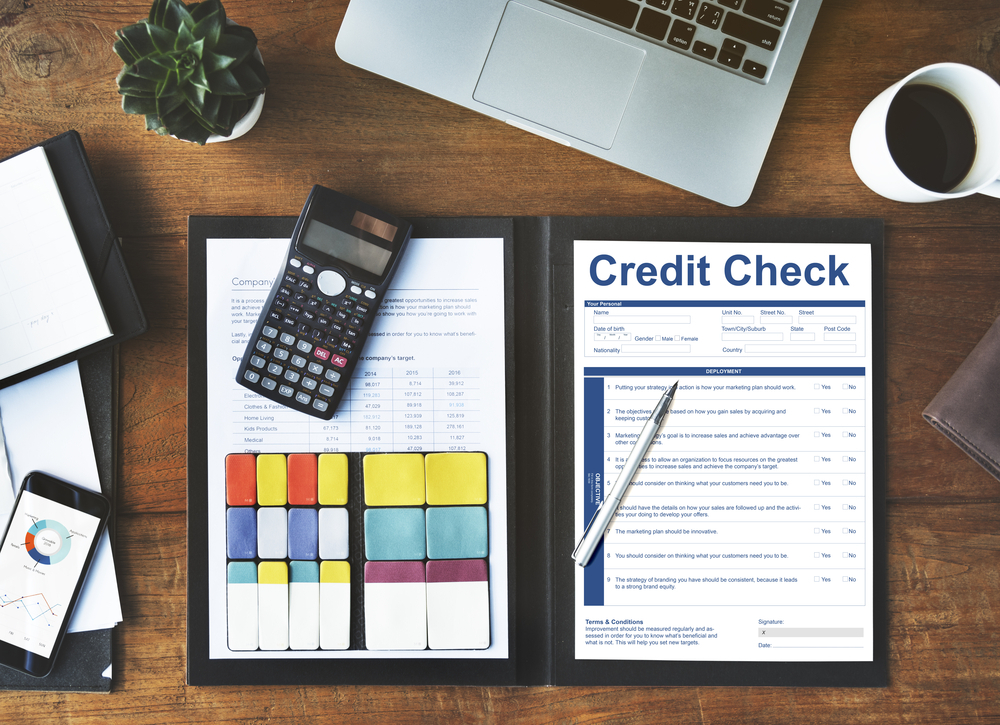
As you might expect, the lender will issue you with a credit report whenever you apply for a credit card or loan, this investigation may deduct your credit points by a few points for a limited period of time. This type of inquiry is called ‘Difficult investigation’ because it affects your credit score.
Another type of credit inquiry, ‘Soft inquiry’, is what companies or homeowners can do as a way to do business with you. You may not even know that one is being run, and since it does not affect your points, that is not a big deal. Serious debt questions make up 10 percent of your total debt, so make them smaller.
How to increase your credit score?
1. Pay Bills on Time
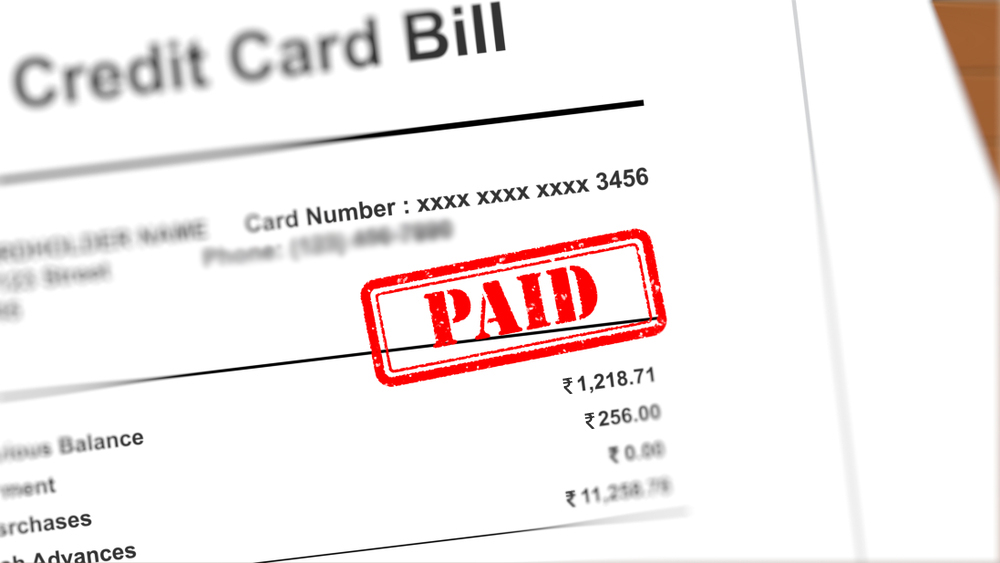
There is no way to improve credit score, if you pay late. Why? Payment history is one major factor affecting credit score and late payment can remain on your credit reports for up to seven years. If you miss a payment for 30 days or more, call the debtor immediately. What can be done in this case is to make sure that payment is made and lender can be requested to not to report the missing payment to the bureau.
2. Pay regularly
If you can afford to pay less – often called micropayments – for a whole month, that can help keep your credit card rates low and improve your credit score. Making multiple payments every month triggers a needle in a debt aspect called credit utilization. After payment history, this is one of the things that most influences your score.
3. Ask for Higher Credit Limits
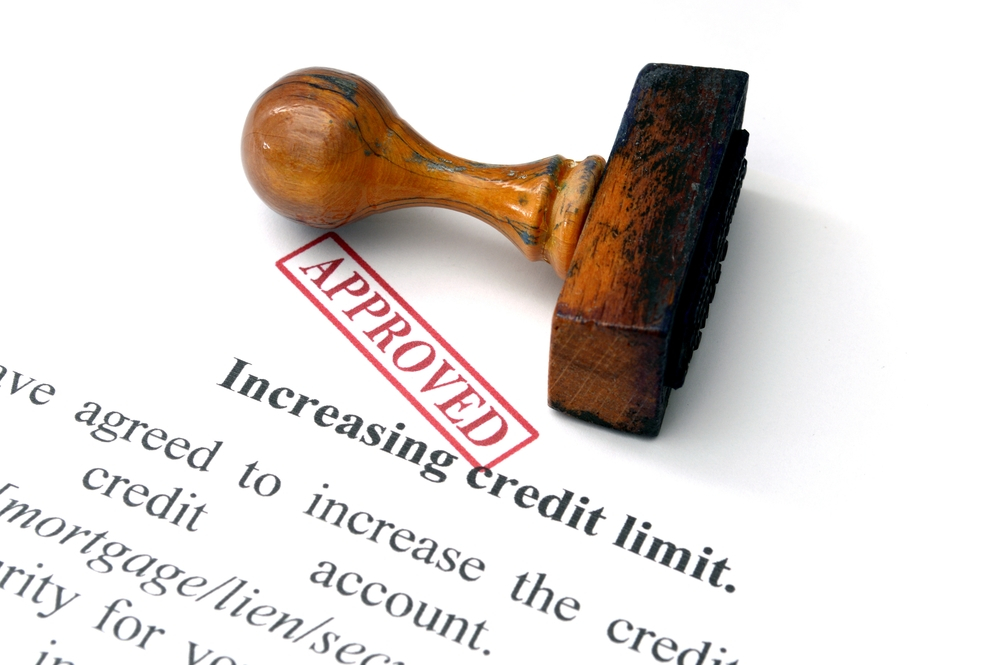
When your credit limit rises and your balance stays the same, immediately reduce your credit usage, which can improve your credit score. Call your card provider and ask if you can get a higher limit without asking for Hard’ credit, which can temporarily increase your few points. If your income goes up, or you add years of good credit experience, you have a better chance of earning a higher limit.
4. Credit Report Errors
An error in one of your credit report could downgrade your score. The remedial measure is to fix it quickly to improve your credit. Once the errors are detected, rectification follows next and this is how they are removed. The time period of 30 days is normally used by the credit bureau to investigate into the matter and respond. Some companies desperately to disprove mistakes, thereby immediately leading to improve your credit score, but be cautious before choosing this measure.
5. Be an Authorized User

If you have relatives or friends who have a long record of credit card usage and a high credit limit, consider asking if you can be added to those accounts as an ‘Authorized User’. The account holder does not have to let you use a card, or even your account number in order to improve your credit.
6. Use a Secure Credit Card
Another way to build credit score from scratch or to improve your credit is to use a secure credit card. This type of card is supported by a deposit, which you pay it in advance. The deposit amount is normally equivalent to the credit limit. You use it as a standard credit card and your timely payments help your credit. Choose a secure card that reports your credit work to all three credit bureaus. Another option is to look at other credit cards who do not require a security deposit.
7. Keep Credit Cards Open

If you are rushing to improve credit score, be aware that closing credit cards can make work harder. Closing a credit card means you lose the credit limit of that card when your total credit limit is calculated, which can lead to lower points. Keep the card open and use it periodically, so that the donor does not close it.
8. Do not Close Credit Card Accounts
You may think that if you pay or have zero balance in your credit account, it is best to close the account completely, but that could hurt your score. Even if you close the account, it will still appear in your credit report, and it will lower your limit rates, lower your credit score.
Benefits of a Good Credit Score
1. Get the Best Prices for Car Insurance
Insurers can use your credit report to help determine, if they will approve your application and how much they will charge you. Once you become a customer, they can check your credit score to help determine, if they will increase your premiums or deny you the opportunity to renew your policy.
2. Other Types of Insurance
Companies that offer other types of insurance – for example, ‘Home Insurance’, can look at your credit history. That’s because insurance companies can demand the same information that other lenders want, that may include your record of payment on time and how much you owe. What insurance companies learn about your loan can help you decide how much you will pay in premiums.
3. Low Credit Card Interest
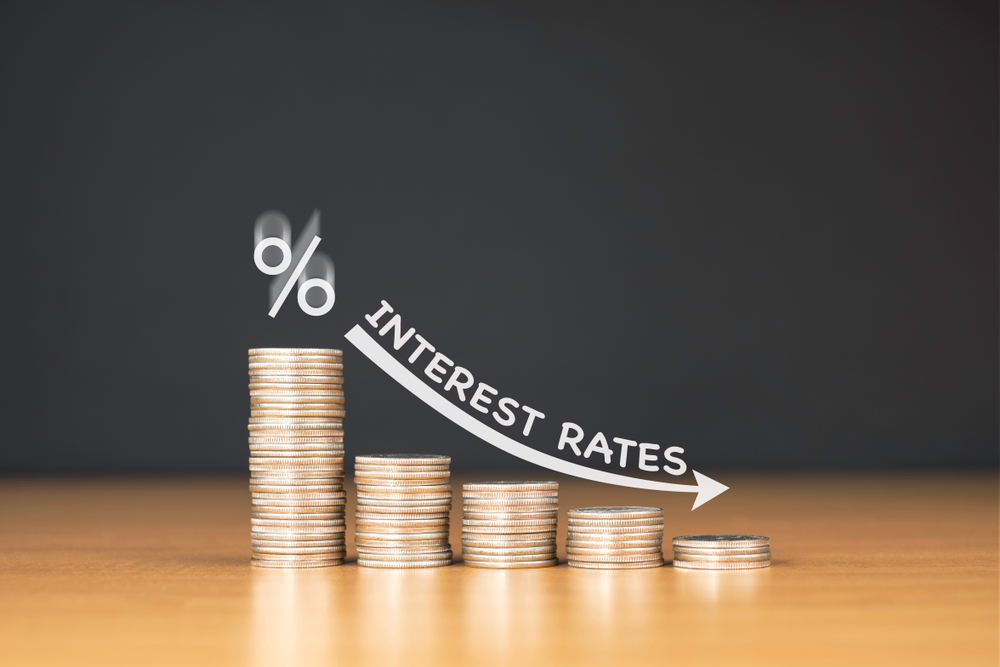
When you apply for a credit card, the card issuer is likely to check your credit. If approved, good credit score can qualify you for such things as the minimum annual percentage rate (APR). We believe that good credit score can be helpful, when it comes to determining your APR because credit card companies often offer their best prices to customers with the highest credit ratings.
Good credit score is of great help when you wish to upgrade and/or apply for a new credit card with better benefits and rewards.
4. Obtain High Credit Limits Approval
You have just learned how good credit score can help you qualify for lower interest rates on credit cards. It can also help you get a higher credit limit on credit cards. Finally, good credit can also help you get a bigger loan from banks, for example. Good credit ratings are indicators about the good credit risk and assures lenders about your ability to handle finances in mature way. It is one of the factors they take into consideration before lending you more money.
5. Have More Housing Options
Where you live can greatly affect your quality of life, right? Good credit score can also help in this regard. That’s because homeowners can check your credit history when you apply to rent an apartment. Good credit can also help you get a mortgage and a lower interest rate. We believe- ‘If your credit history is improving, you are more likely to get a good interest rate on your mortgage loan.’
6. Look Better for Those Who Want to Be Employers
When you apply for a job, some companies may view your credit reports as part of a background check. While it may be possible to get a job with incomplete credit, employers may see such things as late payments and fading as red flags.
That’s why we recommend checking your credit reports before you start looking for a job. Checking your credit report can help you identify errors and missing information. You can get free credit reports from three major credit bureaus. Visit AnnualCreditReport.com to learn how.
How can we help you achieve a good credit score?
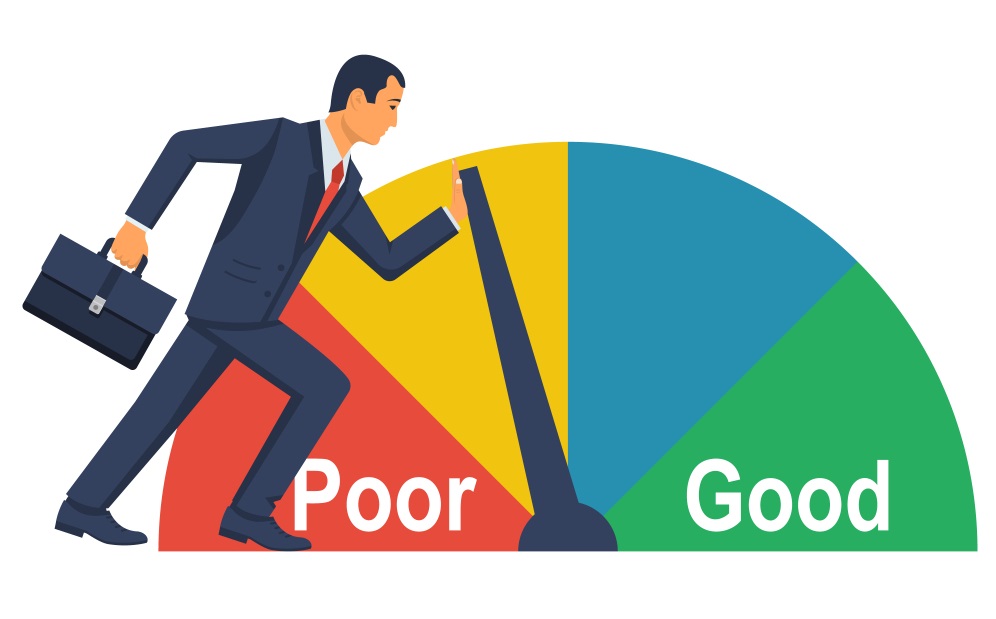
You will, somehow, manage to survive in a bad credit situation, however, it will not always be easier than ever, if your credit score is not up to the mark. Credit points are a very important and important factor in seeking many benefits over time. High credit scores can make your financial life a lot easier and can help you save a lot of money. Credit Bazaar emphasizes the importance of the above debt in detail and provides you with various services related to insurance premiums, credit cards, personal loans, Corporate Health programs, Mutual Funds, credit score Improvement Plans, and so on.
If life is difficult, and you can’t keep up with keeping track of your credit score, get help from credit providers. Once you have registered, the credit bazaar will send you a monthly credit report with CIBIL schools in your inbox. They also mark red flags and you can talk to their experts, when confusion arises. This will give you a credit score improvement plan, which will also help to improve credit score
The Credit Bazaar has met expectations of many credit providers throughout the region. When the need to borrow money arises, you can definitely find one on their website.
